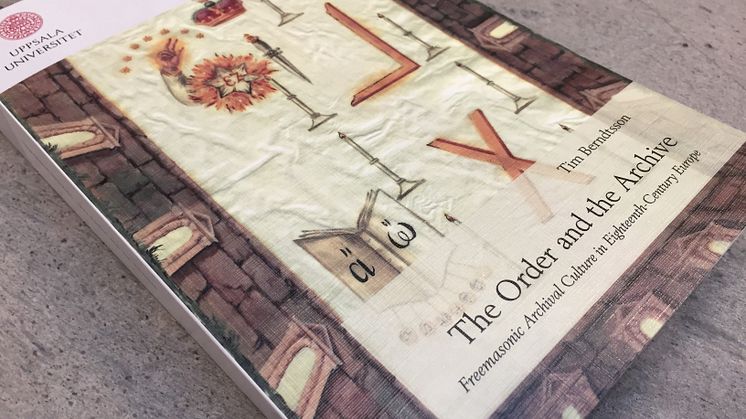Ions in molten salts can go “against the flow”
In a new article a research group at Uppsala University show, using computer simulations, that ions do not always behave as expected. In their research on molten salts, they were able to see that, in some cases, the ions in the salt mixture they were studying affect one another so much that they may even move in the “wrong” direction – that is, towards an electrode with the same charge.


